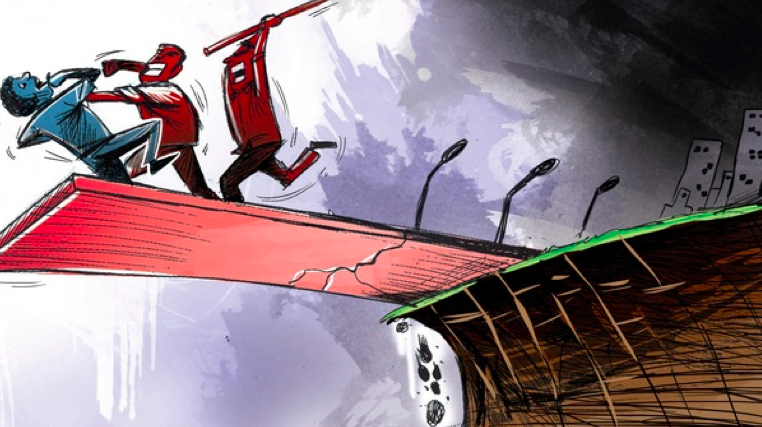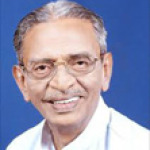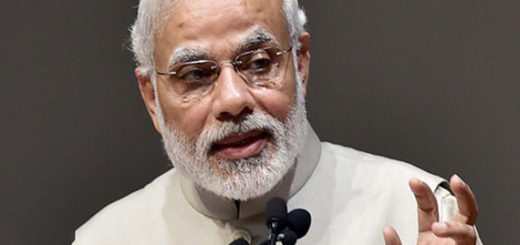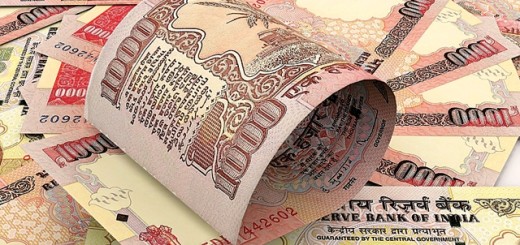Indians Casteist & Racist? Racist attacks on Africans will backfire

By Malay Mishra, in the New Indian Express, 30th June 2016
(Note: The French Revolution which galloped into history during 1789—1799 on the back of a furious war horse running riot with the clarion call: Liberte, egalite, fraternite,marked the start of change in the course of history from dictatorship to democracy not only for France but for the whole world. While it rapidly transformed France into a democratic, secular society with freedom of religion, legalization of divorce, decriminalization of sames-sex relationships, and civil rights for jews and black people, according to Wikipedia its repercussions were felt also all around the globe.
Have the waves of that tsunami still to reach the shores of India? Otherwise there should have been no place for racism, casteism and pure-blood marriages in this land of Buddha, Gandhi and Mother Theresa today. Recent happenings in India is forcing the whole world to splash the map of India with three utterly shameful, demeaning and accusing howling headlines: 1. RACIST COUNTRY (recall all the attacks on African and North-eastern nationals); 2. CASTEIST NATION (recall Kidnap and torture of Bp.Gallela of Cuddaph by three Reddy Catholic priests, and all caste based marriage ads anywhere in the country), 3. EMDOGAMY DISPENSING COUNTRY(recall pure blood marriages in Kottayam diocese, started, promoted and cultivated since 345 AD when Knai Thoman said to be a trader with 72 families from today’s Iraq landed in Kodungaloor, Kerala and grew as a close knit community with the full blessing of Syromalabar Catholic Church) Both the nation and the Church try to label them all as stray, isolated events, while painful incidents on the ground expose the truth of the allegations.
The worst of the three is racist discrimination against Africans because of their darker skin, which has international ramifications and dire consequences and against people from north-eastern eastern states because of their yellowish skin and Mangolian features which has mostly national repercussions.The worth and value of humans is not to be measured by the colour of one’s skin but the content of a persons’s character, as Martin Luther King pointed out. Colour is only skin deep, below it flows blood whose colour is same in every human and the traqic comedy is, there are Indians who are darker than Africans. To expose this double talk or conflict in our speaking and practice, India needs urgently a battalion of Black ladies like Rosa Parks of US to start a revolution against hatred and discrimination against people of different colour.
The root cause then is abject ignorance of many illiterate Indians about the globalized 21st century we are living in. Too many of our Indians are still trapped in an antediluvian attitude for which blame is to be shared first by our government’s education system and  secondly by NGOs who should supplement government’s drawbacks. There is no one quickfix solution. One most practical remedy would be compulsory inclusion of lessons about the dangers of racism, caseism and endogamy or classism, in our elementary school subjects. james kottoor, editor)
secondly by NGOs who should supplement government’s drawbacks. There is no one quickfix solution. One most practical remedy would be compulsory inclusion of lessons about the dangers of racism, caseism and endogamy or classism, in our elementary school subjects. james kottoor, editor)
Africa has always been a troubled continent, intensely exploited and savagely colonised. Those like me, who served in the ‘Dark Continent’ (I did three of my postings there, one in inner Black Africa and the others in two small islands of the Indian Ocean), can attest to the fact that Africans are a fiercely nationalistic people and draw great pride in their continent as the ‘cradle of civilization’. For them, the darkness may just be attributed to their skin colour. In fact, I still remember my visit to the famous Church of Nativity in the heart of Dakar, where Mother Mary, Baby Jesus and the cherubs were all dark in complexion, dressed in spotless white. For the Africans, black came naturally and they could not be bothered why their colour disturbed others.
I also recall my meeting with the late President of Senegal, Leopold Sedar Senghor, where he elaborated on his theory of Negroid Africans’ links with Dravidian Indians geographically as well as anthropologically. He recounted his research on ancient Gondwanaland, which he said, was a huge mass of land joining the African continent with Asia in pre-historic times. ‘We are one people,’ he said emphatically. Senghor’s vision has stayed with me. And I, for one, having mingled with Africans in remote parts of the continent, could never dream of seeing people indulge in acts of racism in today’s world. Nelson Mandela, the most prominent African of the 20th century, in battling all his life against apartheid, would invoke Gandhi’s method of peaceful non-cooperation again and again.
So many so-called civilised Americans had been persecuting Blacks, ad nauseam, until a courageous Black lady by the name of Rosa Parks defied the laws in the Southern township of Birmingham and stood up to question why she should be deprived of her rightful place in a public bus. The Black protest movement for emancipation had started, to find salvation in the person of Martin Luther King Jr., a leader who again borrowed heavily from Gandhi’s vocabulary.
However, in India, an innate loathing for the dark skin has surreptitiously crept into the national psyche. One has to just turn the pages of matrimonial advertisements or even fairness cream ads to understand what I mean, the obsession for fair complexion. Let us be fair, we need fairness as a human value, not a requirement to sell our daughters in the marriage market. So, even though the government or its myriad agencies and policy makers cry hoarse denying that the recent series of attacks on African nationals were racially motivated, their voices sound far from credible. A spate of such attacks on Africans and even those from the North East, in the recent past, has revealed our racist behaviour. More than shedding tears or sharing words of sympathy, it is important to go to the root cause.
Our Africa policy, a post-colonial drum-beating of Gandhiji’s 21-year long association with South Africa and the INC’s championing the cause of decolonisation, even bringing apartheid on the UN agenda before India’s independence, has been activated not too long ago, and the recent Africa Summit with over 40 Heads of States and Governments in attendance could have been its fruition.
India has developed a lot of stakes in Africa today — over US$ 40 bn in investments alone, besides assistance in agriculture, SMEs, HR, medicare, housing, IT and education, soft portfolios in which India can maximise its core competencies, while minerals and oil have been its staple imports. Standing face to face with China, with an eye on the continent’s vast natural resources, India has reminded its African interlocutors that it believes in empowering, not enslaving them, that the ‘land of Buddha and Gandhi’, essentially believes in peace and non-violence. On the flip side, however, is a serious dichotomy between public pronouncements emanating from government policy, and private action.
The man in the street, any street of Delhi, Bengaluru or Hyderabad, can get easily provoked by an African. Who can forget, in this context, the obnoxious behaviour of the then Law Minister of the Delhi government in March 2014, when he raided an African national’s home and went ecstatic assaulting males and females alike!
The deadly assault of May 26 on Congolese teacher Olivier, was preceded and followed by a spate of assaults on African nationals in Delhi and elsewhere. It was but natural that the African Students’ Association would take out a protest march and the African Diplomatic Corps would demand stringent action, with the diplomats even refusing to attend the Africa Day celebrations organized by the ICCR, an important date in the calendar of African nationals in India. Today, over 3,000 African students are getting Indian scholarships to study in India. They are India’s biggest goodwill message. But we will have to confront several questions, if we go into the dysfunctionality in Indian mob behaviour, particularly when it comes to Africans.What can be done in such situations as a matter of finality, each particular instance calling for a specific response? Tempers can be doused and the government could give its solemn commitment that African nationals would get all due security and cooperation of the Indian authorities. But this will soothe tempers until the next event only. For in all fairness, the public does not give much importance to the future of India-Africa relations, nor to the 3-million strong Indian Diaspora in Africa who could face yet another backlash of such attacks. As a result, the losses will be incalculable, and the dynamics of our Africa relations, carefully nurtured over years, would be violated, difficult to be repaired again. The moment calls for nation-wide introspection and government-led advocacy cautioning our people against the adverse consequences of such actions besides immediate precautionary measures by enforcement agencies. The ugly incidents are no longer happenstance to be treated with indifference or contempt. They could sadly have long-term consequences.
(Malay Mishra is a retired diplomat and has served in different parts of Africa,Email: malay.mishra55@gmail.com)
descendants of 72 families of 7 tribes in todays’ Iraq who landed in AD 345 at Kodungalloor, led by Knayi Thomman a trader.
















